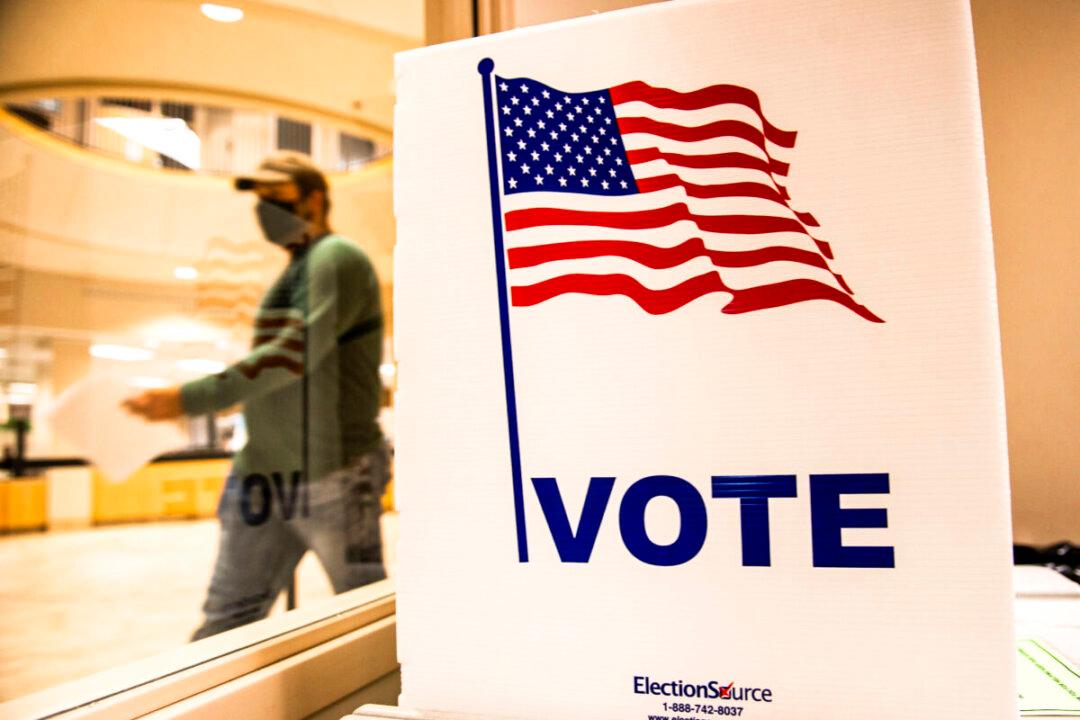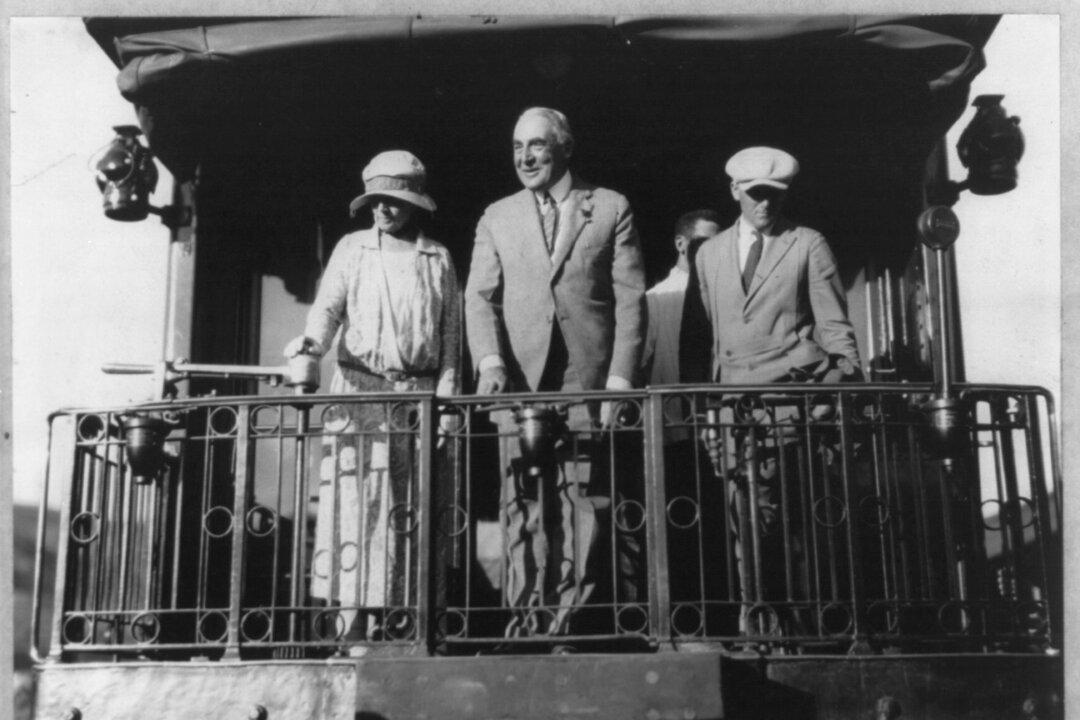To question the legitimacy and fairness of recent U.S. elections is to be attacked as a probable “Russian asset” out to undermine democracy or, at best, a kook. But many voters notice something strange happening. Scholars who study elections have noticed a peculiar trend developing in the last couple of decades: Late-arriving and late-counted ballots skew Democrat blue. As Election Night drags on, the pace of Republican votes slows, and in the wee hours Democratic votes gain momentum. Political scientists call it the Big Blue Shift.
In the contentious aftermath of the last presidential election, Deen Freelon, an associate professor at the University of North Carolina, dismissed the concerns of Trump voters as falling for the kinds of claims that “trade on people’s lack of familiarity with the vote-counting process.” He said, “Things that are perfectly normal and happen in every election may look like, to the uninitiated viewer, as something irregular or problematic.”






